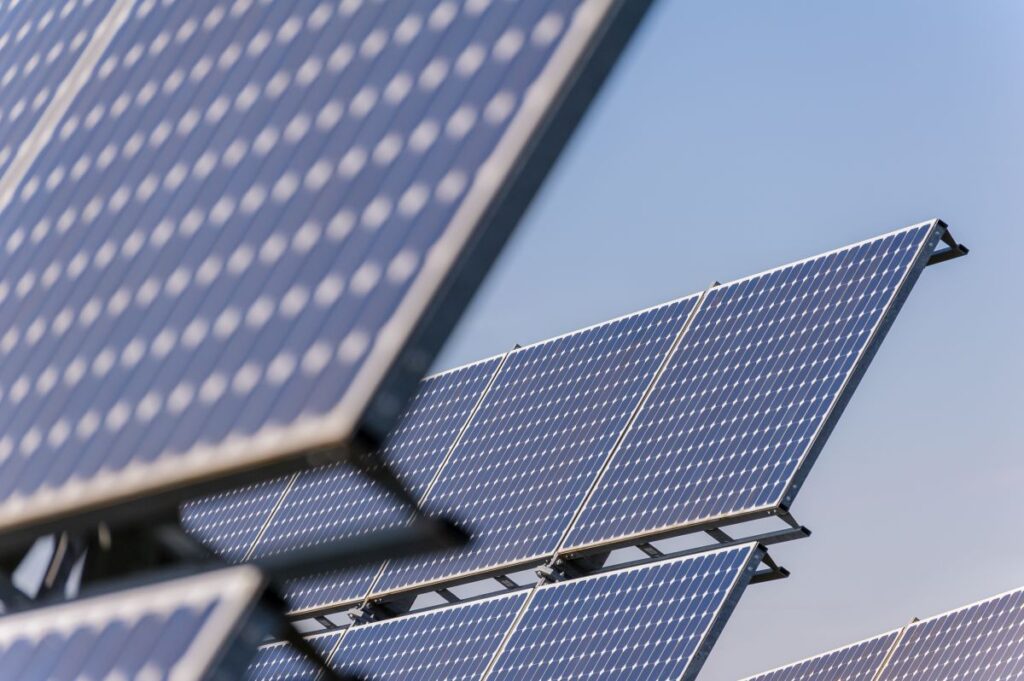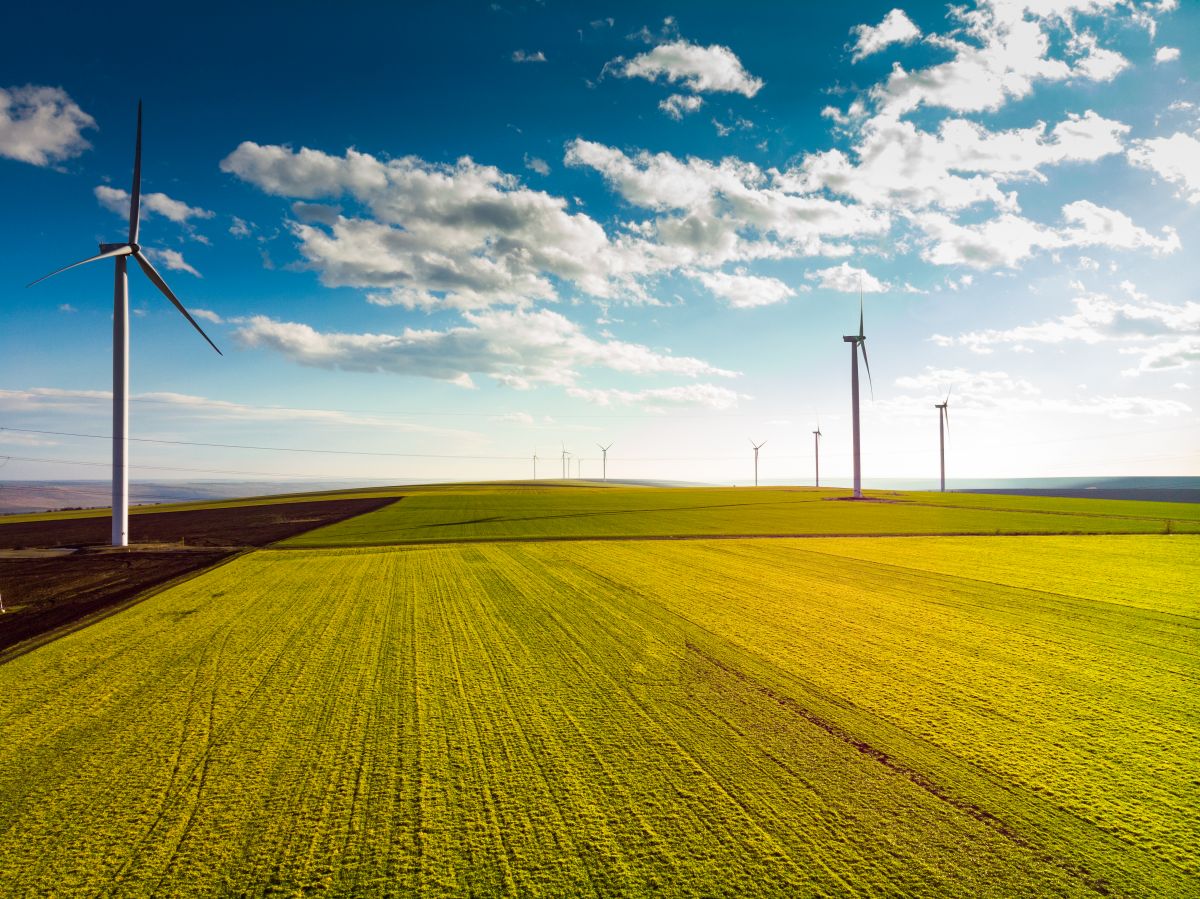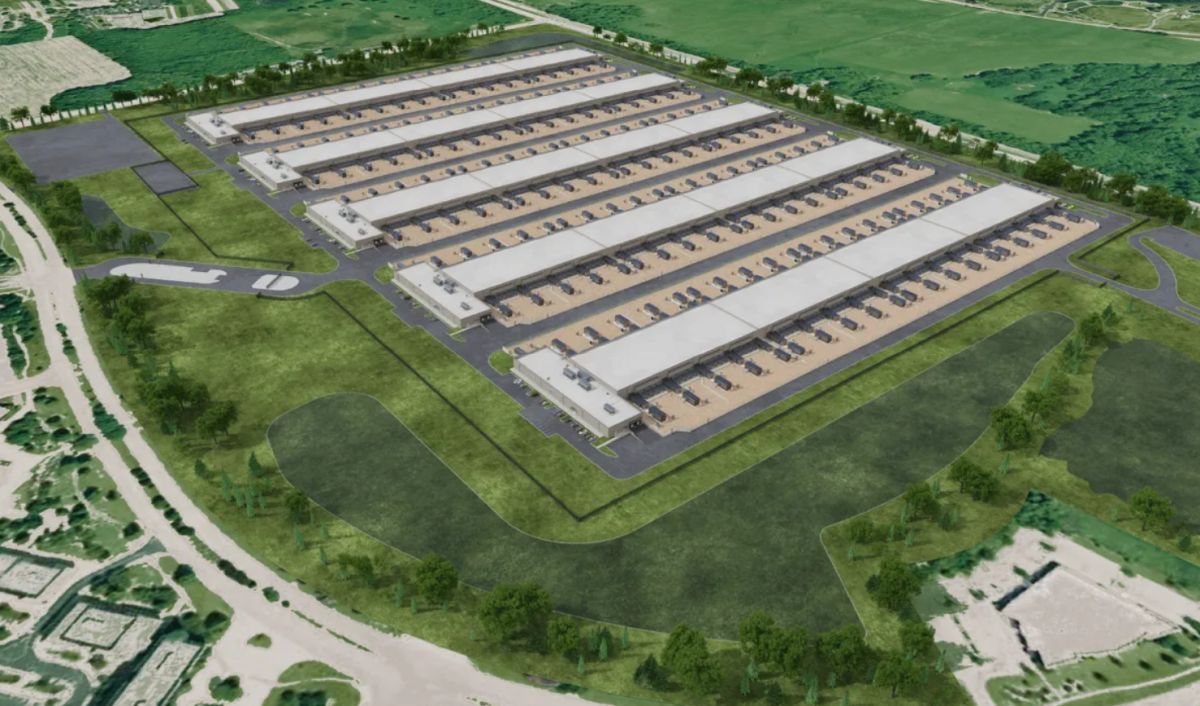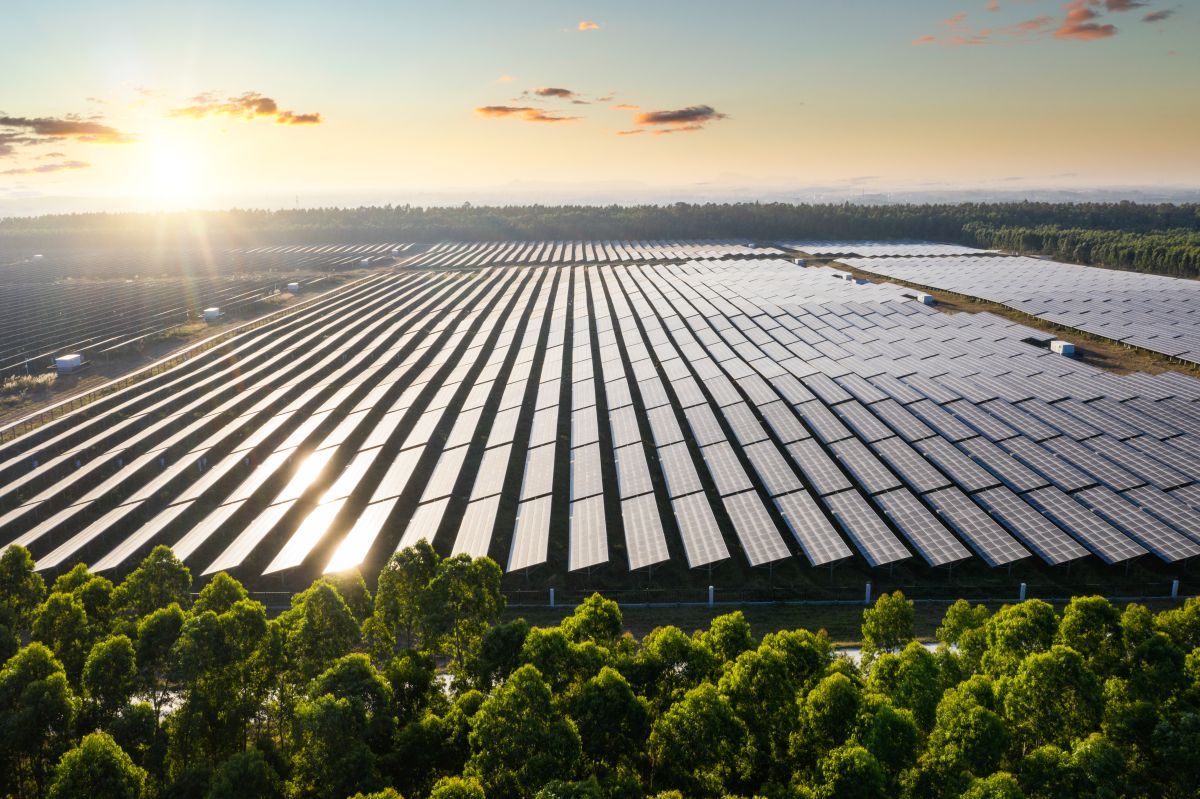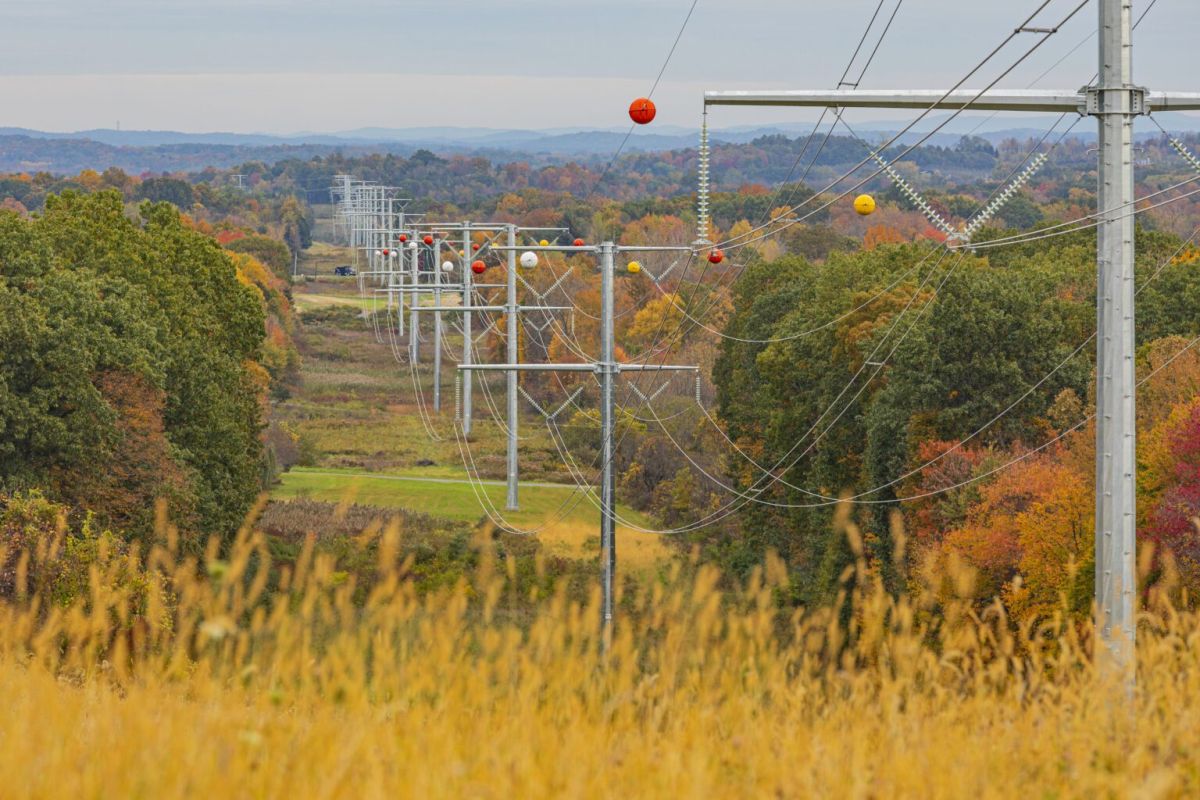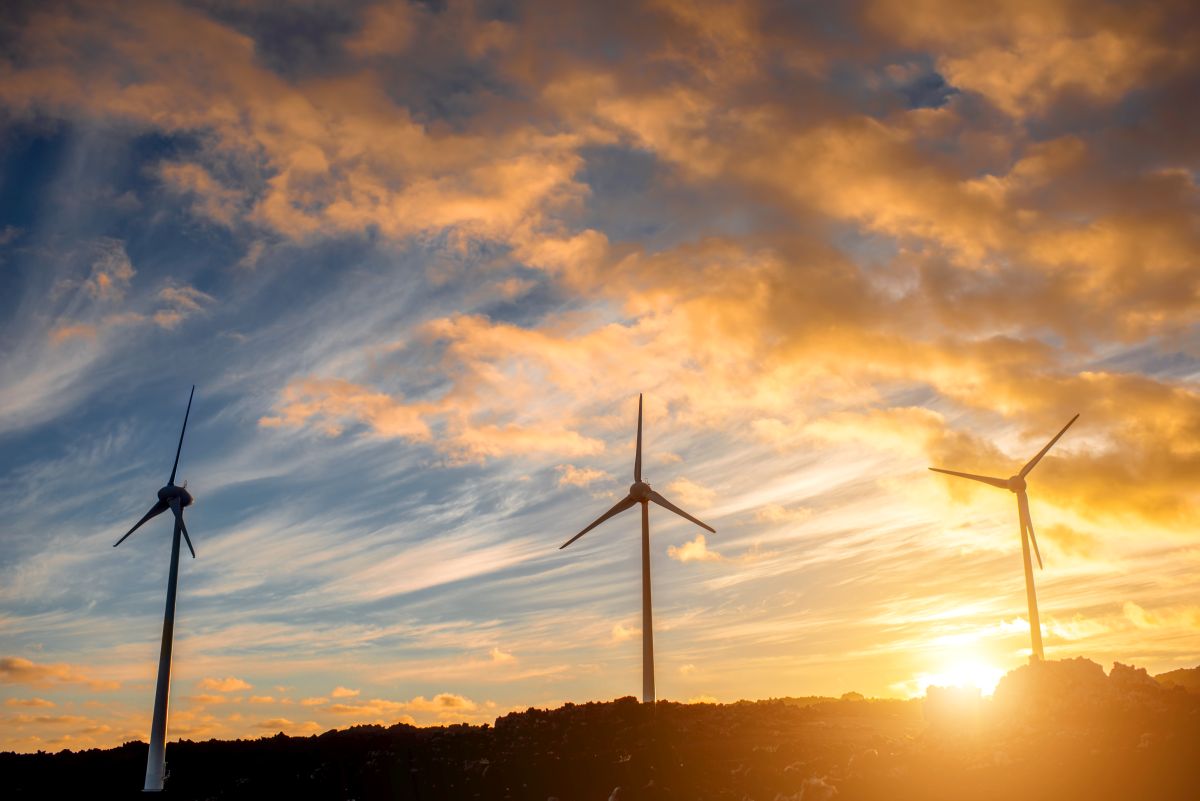WWW.POWER-TECHNOLOGY.COM
US trade authorities have confirmed high tariffs on the majority of solar cells imported from four South East Asian countries: Cambodia, Malaysia, Thailand and Vietnam.
The move marks a major development in a year-long investigation prompted by allegations from US manufacturers that Chinese-owned companies were undercutting the market with low-priced products.
The investigations were launched following a petition filed by the American Alliance for Solar Manufacturing Trade Committee in April last year seeking redress for unfair trade practices that have adversely affected the US solar manufacturing industry.
The committee comprises a coalition of US solar manufacturers comprising Convalt Energy, First Solar, Hanwha Qcells, Meyer Burger, Mission Solar, REC Silicon, Swift Solar and Talon PV.
The committee has accused major Chinese solar panel manufacturers with facilities in Malaysia, Cambodia, Thailand and Vietnam of selling panels below production costs and receiving unjust subsidies, rendering US products non-competitive.
The US Department of Commerce (DOC) has concluded that certain solar products, specifically crystalline silicon photovoltaic (CSPV) cells and modules imported from Cambodia, Malaysia, Thailand and Vietnam, are being sold in the US at unfairly low (dumped) prices.
Additionally, it found that producers in these countries have received government subsidies that give them an unfair competitive edge.
These findings pave the way for the imposition of anti-dumping (AD) and countervailing duties (CVD) on these imports.
The tariffs vary by company and country, with Thailand imposed with CVD rates of up to 799.55%, Vietnam with rates of up to 542.64% and Malaysia with 168.8%.
Cambodian products will incur duties exceeding 3,500% due to their producers’ decision not to participate in the US investigation, reported Reuters.
The duty rates will only be implemented if the US International Trade Commission (ITC) confirms in June that the US industry has been harmed or is at risk of being harmed by certain imports.
If the ITC makes this finding, the US DOC will issue AD and CVD orders, which will officially impose duties on imports from the four targeted countries.
Wiley International Trade Practice and lead counsel to the American Alliance Tim Brightbill said: “On behalf of the American Alliance for Solar Manufacturing Trade Committee and its members, we would like to commend the Commerce Department for its extremely hard work on these important investigations over the last year.
“This is a decisive victory for American manufacturing and confirms what we have long known: that Chinese-headquartered solar companies have been cheating the system, undercutting US companies and costing American workers their livelihoods.”
Opponents of the tariffs, such as the Solar Energy Industries Association, argue that they will negatively impact US solar producers by raising prices on imported cells, which are essential components for US panel assembly plants.
These factories have been expanding due to a new clean energy manufacturing subsidy introduced in 2022.
Additionally, new US tariffs of 10-49% on electrical parts, batteries and equipment from China, South East Asia and Europe, announced earlier this month, could place strain on the US renewables sector.


